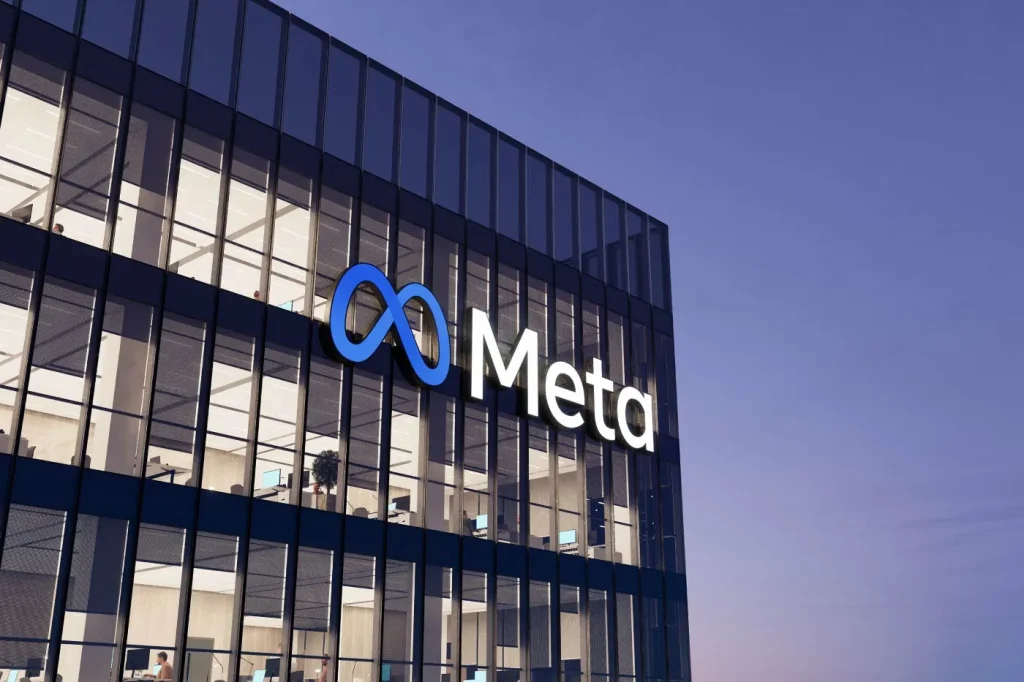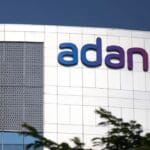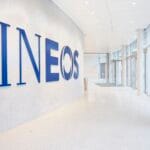Meta Signs Supply Deal with Electra to Cut Data Center Emissions and Accelerate Green Steel Transition

• Meta to purchase verified environmental attribute credits (EACs) tied to Electra’s low-carbon iron production
• Breakthrough Energy Catalyst, backed by Bill Gates, invests US$50 million to fund Electra’s new demonstration facility in Colorado
• Partnerships with Nucor, Toyota Tsusho, and Interfer Edelstahl signal early industrial demand for green iron
Meta joins industrial push for low-carbon iron
Colorado-based clean iron producer Electra has announced a series of landmark supply and investment agreements, including a verified environmental credit deal with Meta, as it scales up production of low-carbon, high-purity iron for the steel and construction sectors.
The collaboration places Meta among the first technology companies to procure environmental attribute credits (EACs) tied to the reduced emissions of clean iron. The credits will contribute to Meta’s net-zero 2030 supply chain target, particularly as the company expands energy-intensive AI data centers and explores low-emission building materials.
Meta is collaborating with Electra to advance low-carbon iron and steel made in the United States. The partnership aims to demonstrate a pathway for these innovative materials to scale across industries.
Breakthrough Energy Catalyst backs commercialization
Electra’s growth is being powered by a US$50 million grant from Breakthrough Energy Catalyst, a climate-tech investment initiative founded by Bill Gates, alongside an US$8 million industrial tax credit from the state of Colorado. These funds build on a US$186 million Series B round led by Capricorn Investment Group and Temasek, with participation from industrial partners Nucor, Toyota Tsusho, and Interfer Edelstahl Group.
According to Breakthrough Energy Catalyst, steel production is one of the largest sources of industrial emissions, and Electra’s model enables a scalable, cost-effective pathway to low-carbon steel.
Electra’s new 130,000-square-foot demonstration facility in Jefferson County, Colorado, is expected to become operational by mid-2026, producing up to 500 tonnes of high-purity iron annually. The output will serve as feedstock for electric arc furnace (EAF) steelmaking, particularly for construction and automotive applications.
Low-temperature chemistry meets clean energy
Founded in 2020, Electra’s process replaces coal and high-heat furnaces with electrochemical refining powered by renewable electricity. By dissolving iron ore in an acidic solution and running an electric current through it, the company produces 99% pure iron at low temperatures — a method that can operate flexibly with intermittent solar and wind power.
Unlike traditional blast furnaces that require high-grade ores, Electra’s process can utilize a wider range of iron materials, including waste and lower-grade ores, while removing co-products such as silica and alumina. This not only reduces waste but also preserves critical minerals — an advantage increasingly relevant amid global raw material shortages.
RELATED ARTICLE: Meta Replaces Steel, Concrete with Mass Timber for Sustainable Data Center Construction
Early buyers from steel and auto industries
The company’s advance purchase agreements mark an early vote of confidence from major industrial buyers seeking to decarbonize supply chains.
Nucor, the largest steelmaker in the United States, will incorporate Electra’s clean iron into its EAF steel mills. Toyota Tsusho America plans to distribute the iron to automakers and steel producers, while Interfer Edelstahl Group will deploy it in specialty steel applications after qualification.
Nucor’s Executive Vice President for Raw Materials, Al Behr, said the project lays the groundwork for a new era of low-carbon materials. Partnerships like these are essential to reducing emissions across the steel value chain.
Implications for corporate decarbonization
Meta’s EAC purchase — effectively a verified claim on avoided emissions — reflects a broader trend of corporate buyers seeking to decarbonize embodied emissions in construction and materials. The tech giant recently began piloting mass timber in data center construction, highlighting a strategic pivot away from carbon-intensive concrete and steel.
For investors and policymakers, Electra’s approach offers a blueprint for deep industrial decarbonization compatible with renewable grids and flexible power systems. It aligns with emerging global standards on Scope 3 emissions disclosure and the green procurement mandates spreading through the United States, European Union, and Japan.
As demand for clean materials accelerates, Electra’s progress illustrates how industrial innovation, financial backing, and corporate procurement can converge to tackle one of the hardest-to-abate sectors. The company’s first facility may produce only hundreds of tonnes per year, but its partnerships suggest an ambition measured in millions — and a future where steel, data, and climate goals are increasingly intertwined.
Follow ESG News on LinkedIn








